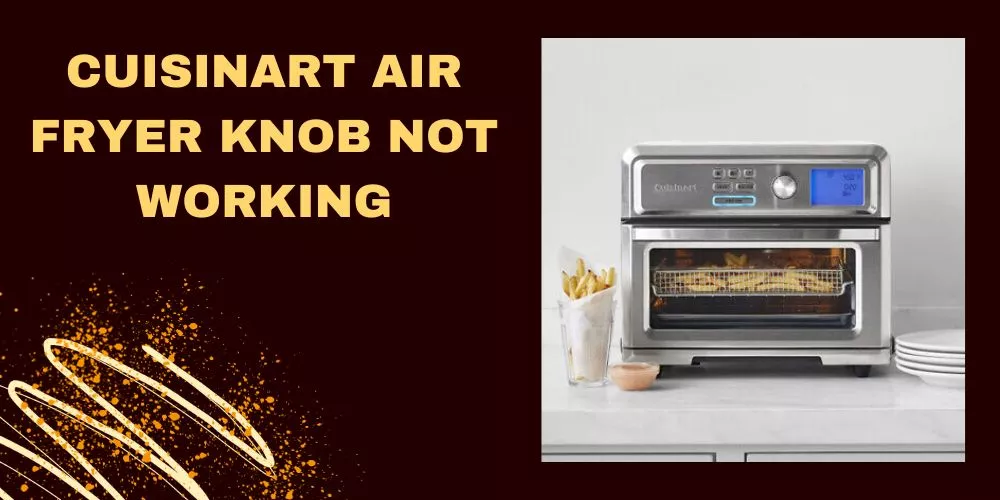The ease and efficiency of clean-up are just as crucial as the cooking process.
One common query among home cooks and professional chefs revolves around stove grate maintenance: can you put stove grates in the dishwasher?
This practice seems like a simple way to keep your kitchen clean and efficient, but does it pose any risks?

In this article, we delve into the pros and cons of this method to help you make an informed decision about your kitchen maintenance routine.
Can you put stove grates in the dishwasher?
Yes, you technically can put stove grates in the dishwasher. However, whether you should do so is a different matter and depends largely on the material of your grates and the manufacturer’s instructions.
Many enameled grates are dishwasher-safe and can withstand the power wash of a dishwasher, while others – especially those made of cast iron or with a coated or treated surface – can get damaged due to the intense heat and harsh detergents.
Placing these in the dishwasher could strip them of their coating or cause them to rust. Always consult the user manual or reach out to the manufacturer directly to ensure you won’t inadvertently cause damage.
So, in summary, while you can put stove grates in the dishwasher, make sure to consider the material and potentially harmful impacts before doing so.
I apologize for misunderstanding your request in the previous response. Here’s a more detailed explanation:
Types of Stove Grates and Their Suitability for Dishwasher Cleaning
The material of stove grates varies, and so does their compatibility with dishwasher cleaning. Let’s explore three commonly used materials:

Cast Iron Grates
Cast iron grates are admired for their durability and heat retention capabilities. However, these grates pose a laundry list of considerations when it comes to cleaning. Exposure to the moisture and high temperature inside a dishwasher can induce rusting, damaging the grates.
Moreover, dishwashing detergent and the high-pressure water can strip off the seasoning (a layer of oil that’s heated to create a non-stick surface) of cast iron grates, leaving them dull and vulnerable to damage.
Steel Grates
Steel grates are a common sight in many kitchens, renowned for withstanding high heats and everyday use. They may survive a journey through a dishwasher, but this cleaning method is not without concern.
Powerful dishwasher detergents can potentially cause discoloration to steel grates, altering the pleasant metallic shine and leaving behind an unsightly surface.
Enameled Grates
Enameled grates are cast iron grates with a layer of enamel on them. This enameled coating provides a relatively smooth, glossy finish, preventing food and other particles from sticking to the grates.
More importantly, in terms of cleaning, enameled grates are generally suitable for dishwasher use. The enamel coating protects the underlying iron from rusting and can tolerate the impact of dishwashing detergent and hot water.
The takeaway from this discussion is that it is always vital to consult the manufacturer’s instructions before choosing a cleaning method. You must consider the underlying material of your grates as well as any coatings they may have in order to avoid inadvertently causing damage.
Detailed Guide on Cleaning Stove Grates
Stove grates require regular cleaning to maintain their efficiency and aesthetic appeal. If your grates aren’t dishwasher-safe, you need alternative methods.

Keeping it simple, there are two general routes: homemade solutions and commercial cleaners. Below, let’s go more in-depth about these approaches.
Homemade Solutions for Cleaning Stove Grates
- Soap and Water: The tried-and-true method of soap and warm water remains a classic choice. Use a mild dish soap, mix it with warm water, and then apply the solution to your grates. Let them soak for 15-20 minutes to soften caked-on food and grease. Following this, use a scrub brush to clean away all the grime. After scrubbing, rinse the grates thoroughly with clean water and dry them well. Leaving them damp can lead to rust.
- Vinegar Bath: Vinegar, known for its acidity, can cut through stubborn greasy residues. Submerge your grates in a solution of equal parts vinegar and warm water. Allow the grates to soak for few hours. This permits the vinegar solution to penetrate the grimy layers. Afterwards, gently scrub the grates with a soft, non-metal brush, rinse under clean water, and dry thoroughly.
- Baking Soda Paste: A combination of baking soda and water creates a paste for grate cleaning. Baking soda serves as a mild abrasive that can break up grime without scratching. Cover the grates with this paste, let it sit for about 20 minutes, giving the paste time to work on the dirt. Then scrub using a brush, rinse properly, and dry.
Commercial Grate Cleaners
- Oven Cleaner: Oven cleaners are effective for grime removal. Spray your grates thoroughly with the cleaner, follow the dwell time from the product’s instructions, which is normally 10-15 minutes. After this, rinse your grates under warm water and dry thoroughly.
- Grate-Specific Cleaners: There are cleaning products in the market specifically made for stove grates. These often offer effective cleaning without causing damage to your grates. To use, follow the instructions provided on the cleaner’s packaging for optimal results. Make sure to rinse your grates properly and dry them well after cleaning.
Whether you prefer homemade solutions or commercially available cleaners, there’s a method to suit your stove grate cleaning needs. However, safety should be paramount, wear protective gloves when handling commercial cleaners to guard against skin irritation.
frequently asked questions (FAQs)
Can I put my Kitchenaid gas stove grates in the dishwasher?
Kitchenaid generally recommends against placing its gas stove grates in the dishwasher. The high heat and abrasive detergent can discolor and damage the grates. It’s best to wash Kitchenaid gas stove grates by hand with a non-abrasive cleaner and a soft cloth or sponge.
Can you put Wolf stove grates in the dishwasher?
Wolf does not recommend putting stove grates in the dishwasher. The high temperatures, harsh detergents, and intense water pressure can cause grates to warp, discolor or lose their finish. Wolf suggests using a mild detergent and warm water for handwashing the grates.
Are Whirlpool cooktop grates dishwasher safe?
Some cooktop grates for Whirlpool are dishwasher-safe. However, it’s crucial to check the user manual or consult with Whirlpool’s customer service to determine if your particular model’s grates can be cleaned in a dishwasher.
Can I put cast iron stove grates in dishwasher?
Cast iron stove grates should not be cleaned in a dishwasher. Exposure to the moist environment, heat, and harsh detergents in a dishwasher can cause cast iron to rust and lose its seasoning, leaving a dull finish.
Conclusion:
Whether you can put stove grates in the dishwasher depends on the material of the grates and the manufacturer’s instructions. Some grates, like enameled versions, typically handle dishwashing better than others like cast iron or uncoated steel.
However, due to potential risks of damage or discoloration, many manufacturers advise against dishwasher cleaning. Always consult the user manual or manufacturer guidelines before choosing how to clean your stove grates.
Homemade solutions and specific cleaners provide safer alternatives for ensuring the longevity of your appliance.


